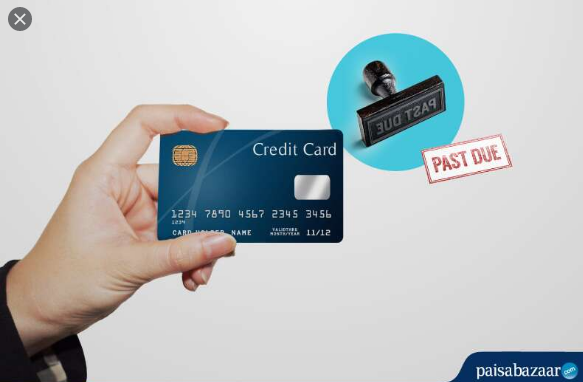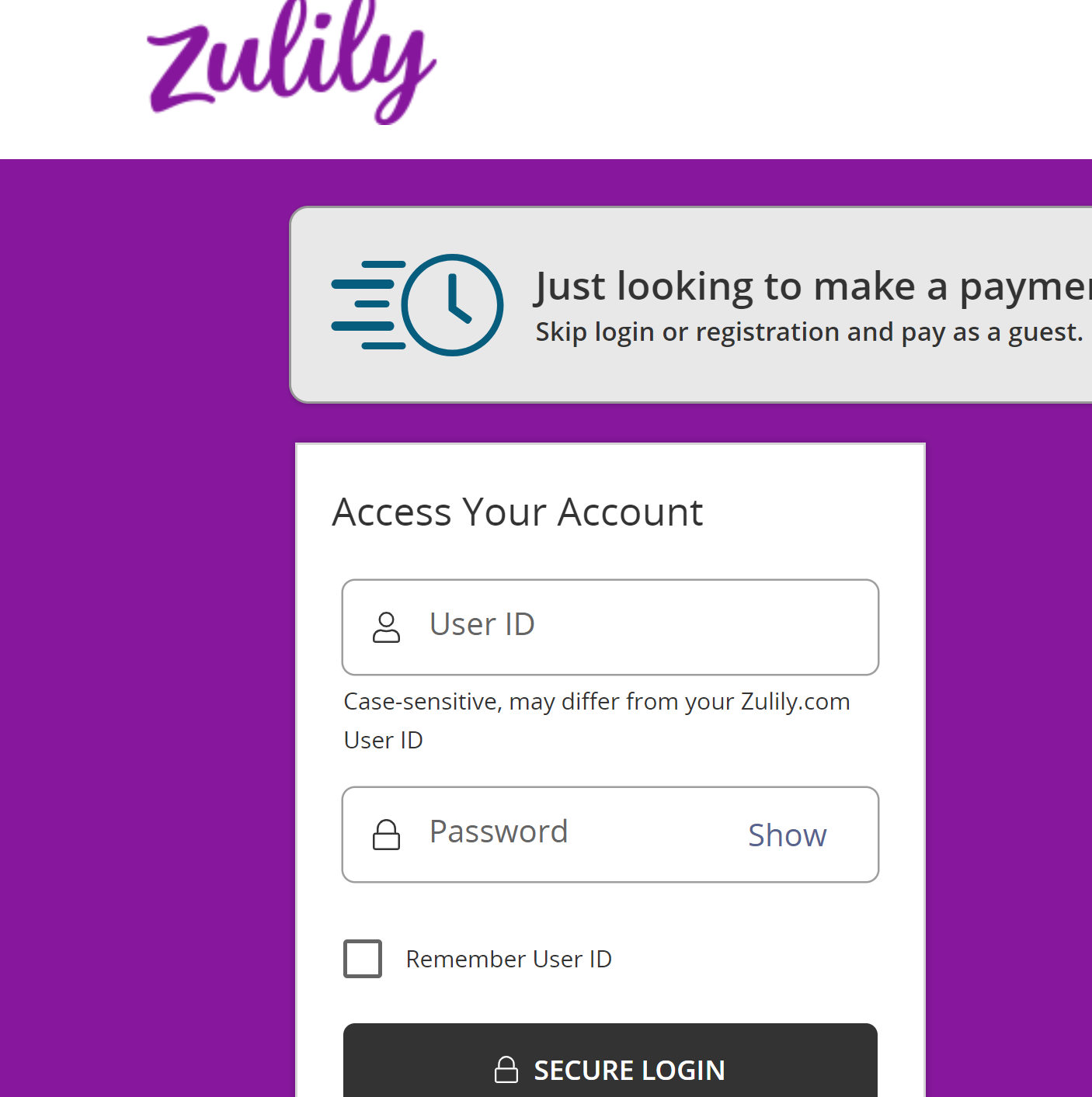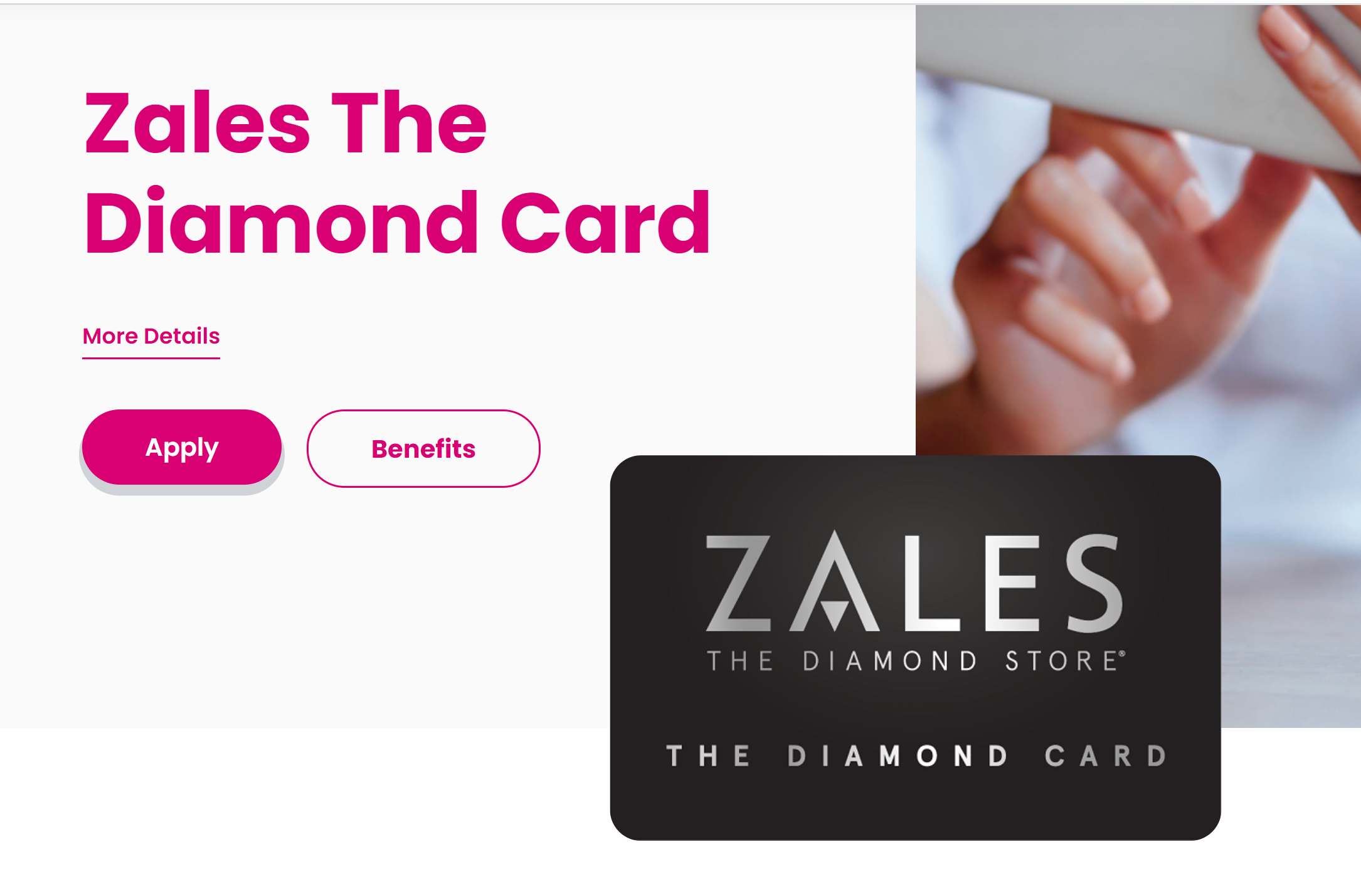Impact of Default On Your Credit Card
When you choose not to pay your credit card because of one reason or the other, things become worse. Although, at first you may feel that you are free and you will not have to worry about your monthly payment. But what you do not know is that your credit card issuer is keeping a record of your missed payments. But if your issuer takes action on your missing payment, you will pay dearly for them.
Interest Charge Increases And Late Fees Added | Impact of Default On Your Credit Card
Late fees are added to your account if you stop making payments on your card. So, your minimum monthly payment is bound to rise and you will have to pay for your missed payment. When you refuse to make your payment for up to 2 months or 60 days ( that is missing payment twice) your interest charges will be increased followed by your penalty charges. Since your payment are not made at all not even late, your monthly minimum payment is said to grow larger when these payments are added to them.

As soon as the penalty charge takes effect, your finance charges are bound to increase. Reason being that, your unresolved balance ( plus the payment you should have made) increase monthly when you are late on a payment. As time goes on, it becomes more difficult for you to clear, but it never stops increasing.
What Happens Next.
Though you may be so lucky to clear your debt but, not until you have made 6 uninterrupted payments, the penalty charge will remain. Then, the interest rate will reduce but will still have an effect on your new purchases. Those who collected many credit card from a particular company will have an increase in the interest charge.
Increase In Collection Efforts | Impact of Default On Your Credit Card
Regularly, you will be remembered of your credit card payments either through messages, mails or email or calls, by your credit card issuer. But if you wish to have them stop this, you can do so because the Fair Depth Collection Practices gives the customers the opportunity of writing a cease and desist letter asking them to stop. But this cannot be used against your original creditor.
So, you can be contacted regularly by your creditor, when you are some days or weeks behind payment. Know it that the more you are behind payment the more you will be regularly contacted.
Though the may start reminding you of your payment politely if your response is negative, they will continue with a harsh tone, making known to your actions such as charge-off and default and its effects on you. As soon as it is 90 days past due, you may be sent a settlement offer by your creditor. According to this settlement offer, you can only be free if you pay some percentage of your unresolved balance in a large sum.
Effect on your credit report and credit score.
As soon as you are 30, 60, 90, 120, and 180 days late, the late payments will be included in your credit report. This alone will affect the ability of you getting a loan, new credit card, or a good job. Because when your late payment is added to your credit report, your credit score will be reduced. And your insurance charge ( premium) may increase due to card delinquency.
Its Effect On Your Account | Impact of Default On Your Credit Card
As usual, charge – off account are sent to a collection agency. And it is moved from one collection agency to another, accept the are bankrupted or paid. Even your creditor ( or a third party debt collector) can sue you for the debt if it is not paid or bankrupted. Though, after some time the statute of limitations may defend you from the court’s judgment, however, your account will be frozen for many years.
Card hardship options.
If you can, do your best to get back your account and protect your credit, that is paying your debt. If not, you can just call a consumer credit counseling agency to ask for help. For this, go to your credit card statements and you will see the credit counseling agency number.


